Will Pelosi visit Taiwan this time?
US House Speaker Nancy Pelosi has again announced plans to visit Taiwan, this time in August. Meanwhile, US President Joe Biden has also said that he will very likely speak to Chinese President Xi Jinping in the next ten days. Are these incidents related and what action is mainland China likely to take? Zaobao's associate editor Han Yong Hong examines the issue.
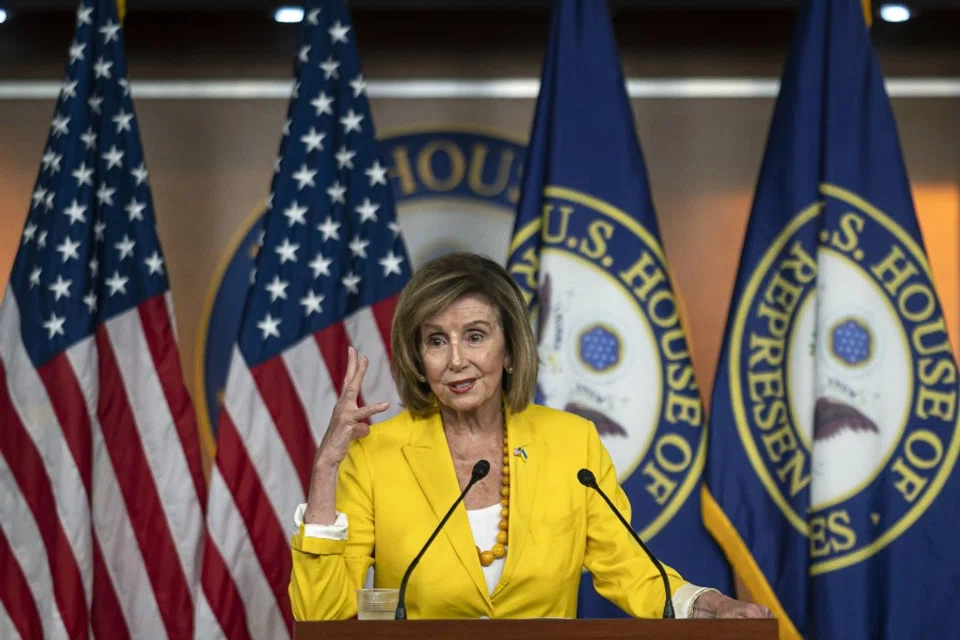
On 19 July, the Financial Times reported a planned visit to Taiwan in August by the US's third most powerful politician, Speaker of the US House of Representatives Nancy Pelosi. This would make her the most senior official to make such a visit in 25 years.
The news sparked discussion in Taiwan, while the Chinese foreign ministry expressed their firm objection. Just one day later, US President Joe Biden told the media, "I think that the military thinks it's not a good idea right now, but I don't know what the status of it is."
He then dropped a bombshell, revealing, "I think I'll be talking to [Chinese President Xi Jinping] within the next ten days."
A talk 'very soon'
Biden's comment is a little ambiguous. "Talking" could refer to either a phone call or a rumoured third virtual conference - rumoured because the next round of Biden-Xi talks has been proposed for some time but has not taken place. (NB: Although according to Chinese state media, Xi sent Biden a message on 22 July wishing the latter a "speedy recovery" from Covid-19.)
Since mid-May, the White House has repeatedly said that Xi and Biden might speak with each other within "weeks", and Biden himself has said that a talk would happen "very soon".
Pelosi could lose her position as House Speaker if the Democratic party loses control of the House of Representatives during the upcoming midterm elections in November. Her considerations may include her personal beliefs and plans for an exit strategy.
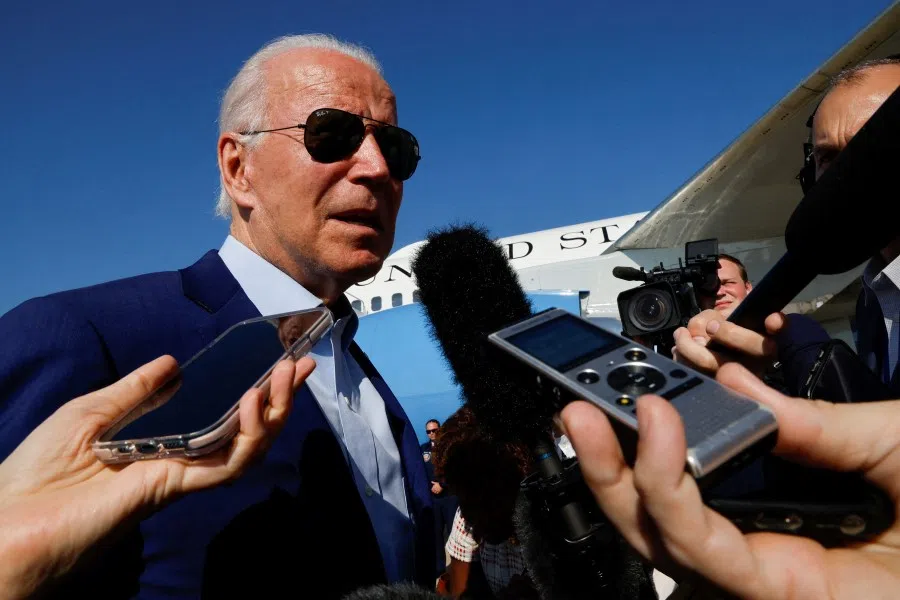
On 10 July, following a five-hour meeting between US Secretary of State Antony Blinken and Chinese Foreign Minister Wang Yi on the sidelines of the G20 Foreign Ministers' Meeting, there was talk again of a possible Biden-Xi chat within weeks. Since May, "weeks" and "very soon" have turned into two months, and the sentiment is that the White House is in a hurry while Beijing is not.
The "ten days" that Biden mentioned on 20 July is the most solid estimate so far, but there is still no specific date given. Replying to a query at a regular press conference, Chinese foreign ministry spokesperson Wang Wenbin neither confirmed nor denied this, saying, "I don't have any information to offer at the moment."
China's firm objection
To US politicians, Pelosi's planned visit to Taiwan and the Xi-Biden talk may be separate issues. Despite being in the same party as Biden, Pelosi could lose her position as House Speaker if the Democratic party loses control of the House of Representatives during the upcoming midterm elections in November. Her considerations may include her personal beliefs and plans for an exit strategy.
However, Pelosi's visit to Taiwan is a major event that touches on a sensitive nerve in cross-strait and China-US relations.
Over the past few years, current US officials and senators have made multiple visits to Taiwan, which has already gone beyond the tacit limits acknowledged by China and the US. But a visit by the House Speaker would seriously impact China-US relations. The "guardrails" in China-US relations would be reduced to a blame game, and the probable talk between Xi and Biden would be as good as "empty talk".
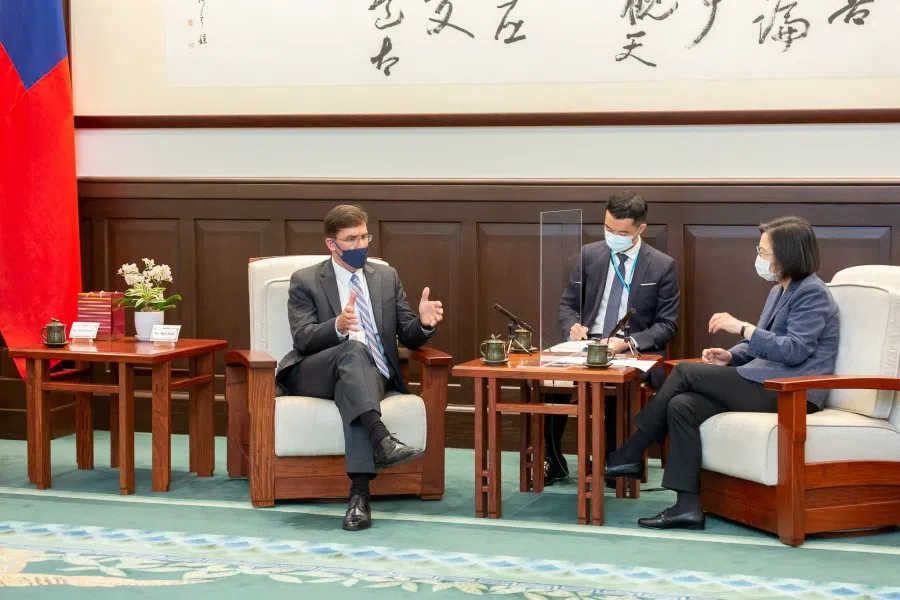
Previously, on 7 April, Japan and Taiwan media revealed that Pelosi would lead a delegation to visit Taiwan on the 43rd anniversary of the Taiwan Relations Act on 10 April.
In response, Wang Yi firmly warned that this would be "a malicious provocation against China's sovereignty and gross interference in China's internal affairs, and would send an extremely dangerous political signal to the outside world", and that "all the consequences will be borne by the US side".
A few days later, Pelosi's office announced that she tested positive for Covid-19, and her Asian trip was postponed. Many people suspected that this might just be a convenient excuse to delay the trip under pressure from Beijing.
A smoke bomb
At the time, mainland China had remarked that Pelosi was just postponing the trip and not cancelling it; a visit to Taiwan would be back on the agenda once she got well. True enough, the same news resurfaced.
This time, Taiwanese commentators speculated that this was just a bluff by the US to expedite talks between Xi and Biden - first the smoke bomb of Pelosi's visit, then Biden's comment about an appointment within ten days, which sounds like an invitation and an ultimatum.
Unfortunately, Taiwan is only a bargaining chip. Taiwanese authorities have kept silent on Pelosi's visit, saying that they have received no information, and did not make further comments on the matter.
"If the US can't restrain her, let China restrain her & punish her. PLA Air Force will surely make her visit a disgrace to herself and to the US." - Former Global Times editor-in-chief Hu Xijin
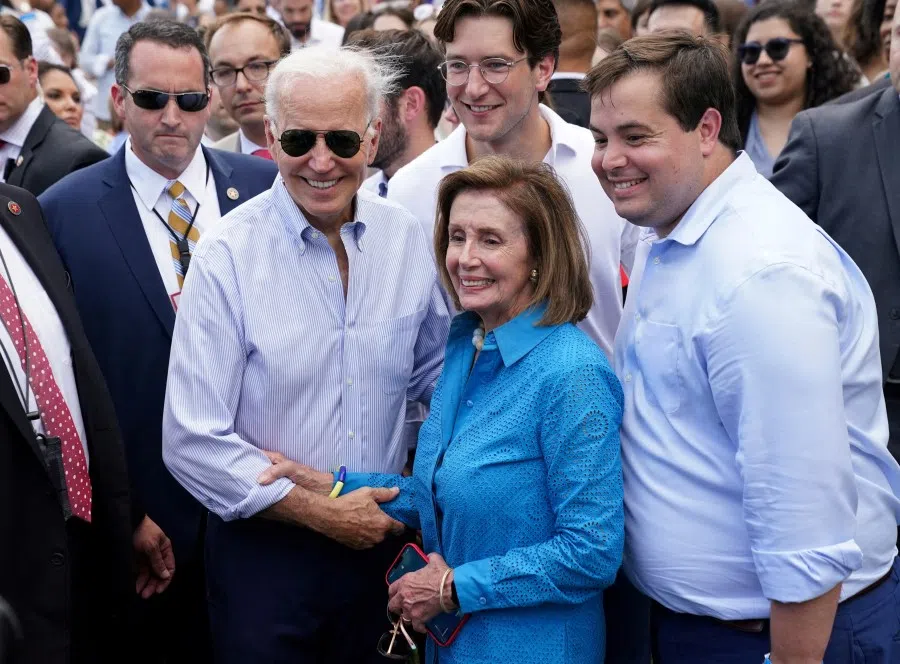
Another theory is that Pelosi has misjudged the resolve of mainland China, but the military channels between China and the US are still working smoothly; the People's Liberation Army (PLA) has directly warned the Pentagon, and the latter is taking it seriously.
Whether the White House and the House Speaker are in a tussle or singing a figurative duet, or something else, mainland China could care less.
Former Global Times editor-in-chief Hu Xijin "suggested" (read: warned) that PLA aircraft could "accompany" Pelosi's plane to enter Taiwan's airspace. Hu mockingly added that once PLA aircraft flew through Taiwan, mainland China should thank Pelosi for creating a fresh opportunity for the PLA aircraft to exert sovereignty over Taiwan.
Furthermore, following Biden's comments, Hu wrote, "Biden is supposed to have the ability to prevent the reckless visit of Pelosi... If the US can't restrain her, let China restrain her & punish her. PLA Air Force will surely make her visit a disgrace to herself and to the US."
Proceed and risk an escalation
Under such circumstances, would Pelosi dare to proceed with her visit to Taiwan?
In January 2021, then US ambassador to the UN Kelly Craft planned a visit to Taiwan in the last week of Trump's term, but her aircraft was forced to turn back mid-air. If even the ambassador to the UN was barred from visiting Taiwan, what more for Pelosi and high-profile officials of her level? Besides, Biden has expressed his reservations, and Pelosi ought to be aware and find a reason to back down.
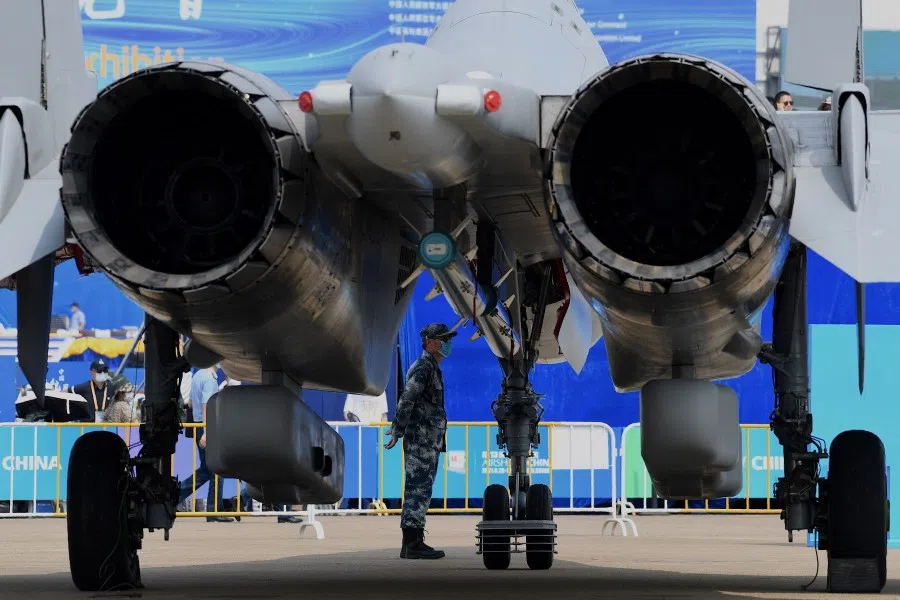
But given the repeated news of Pelosi's plan to visit Taiwan, mainland China would be ready to respond with various courses of action. First, there would very likely be a record number of Chinese aircraft circling Taiwan, more than the highest-ever 56 warplanes recorded on 4 October 2021.
Second, as Hu Xijin had warned, Chinese aircraft might "accompany" Pelosi's plane, even into Taiwan airspace, passing through where Pelosi would land. Taiwan military aircraft would have to take to the skies to defend and repel, which would escalate the risk of a cross-strait military incident. Mainland China could also conduct sea and air exercises in the waters near Taiwan, or deploy aircraft carriers as a threat.
If Pelosi's Taiwan trip is not put aside, it will be difficult for the China and US leaders to talk. For now, it seems more likely that Pelosi will reach out to Taiwan in a different, less high-profile way, while Biden also wants to talk to Xi as soon as possible. The results of this round of exchange between China and the US will be known in around ten days.
Related: Has the US shifted its position on Taiwan, again? | Biden's 'gaffe' on Taiwan reflects changing status quo in the Taiwan Strait | Why the status quo in the Taiwan Strait is quietly changing | If China strikes Taiwan, can it bear the punishment from the US and its allies? | Why it's right that US policy on Taiwan has not changed | The US's clear and unambiguous strategy towards the Taiwan Strait





